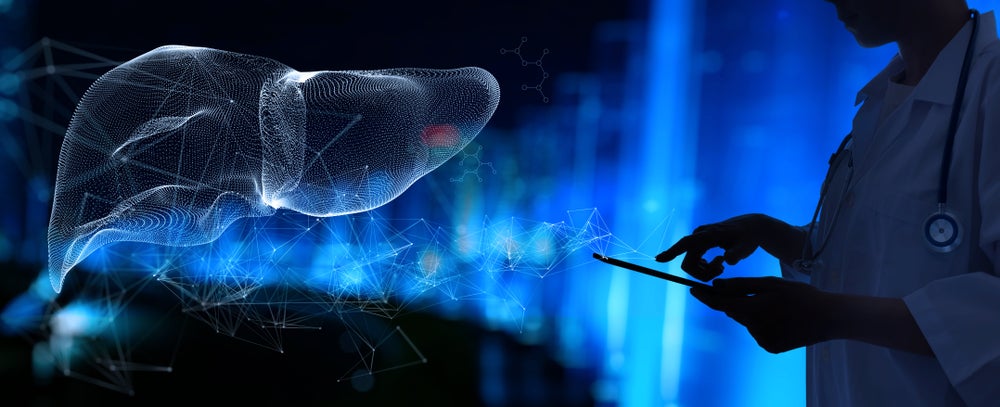
The United Network for Organ Sharing (UNOS), which manages the US organ transplantation system under contract with the government, is developing an app that may help with organ identification for transplantation.
Being developed by UNOS’s experimental incubator UNOS Labs, the app will employ augmented reality to provide surgical teams with higher-quality images of donor organs.

Discover B2B Marketing That Performs
Combine business intelligence and editorial excellence to reach engaged professionals across 36 leading media platforms.
According to UNOS, issues with positioning, lighting, and quality of scale mean that surgical teams sometimes find it difficult to assess whether an organ should be accepted for a patient transplant.
The app will use computer vision technology, 3D modelling and augmented reality to improve the so-called ‘procurement photos’. UNOS says its aim is to provide organ procurement organisations (OPOs) and surgical teams with the tool, which can be used on a smartphone.
Users of the tool, which is still in the proof-of-concept phase, will be able to capture and view standardised images which can be digitally measured and annotated.
UNOS pointed to research indicating that procurement photos might help allocate high-risk organs.

US Tariffs are shifting - will you react or anticipate?
Don’t let policy changes catch you off guard. Stay proactive with real-time data and expert analysis.
By GlobalDataThe use of augmented reality in organ procurement represents an innovative application of the technology, which has mainly seen use in image-guided surgery, according to a report by GlobalData.
UNOS senior data scientist Morgan Stuart said: “What we’ve found in our research is that a photo of an organ is important for determining the clinical viability of the organ and its anatomy.”
“We think that recent advances in augmented reality technology can make these photos even more valuable. While our research continues, we think combining mobile augmented reality with the latest computer vision techniques will help standardise, expedite, and enhance organ allocation.”
GlobalData is the parent company of Medical Device Network.





